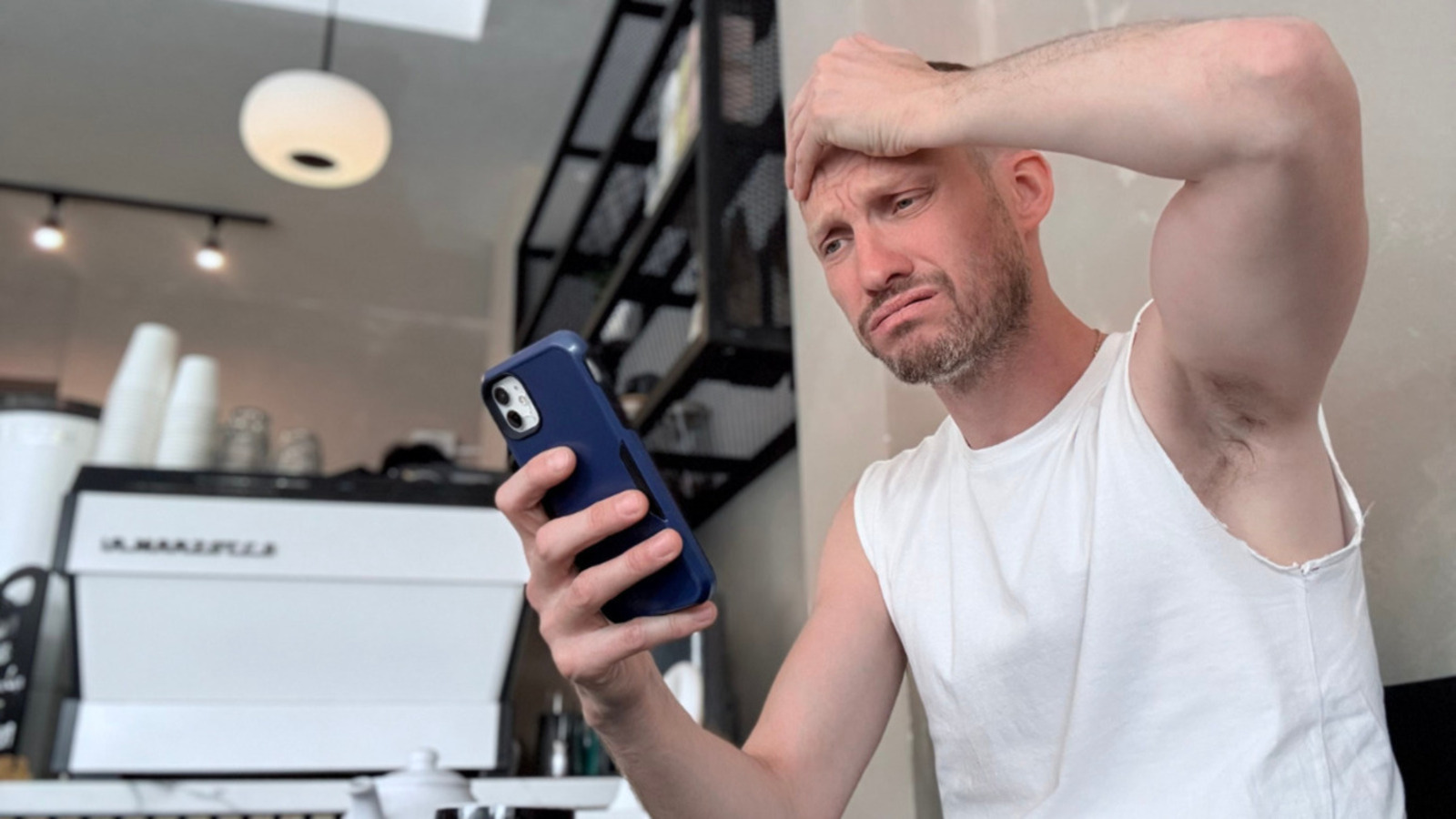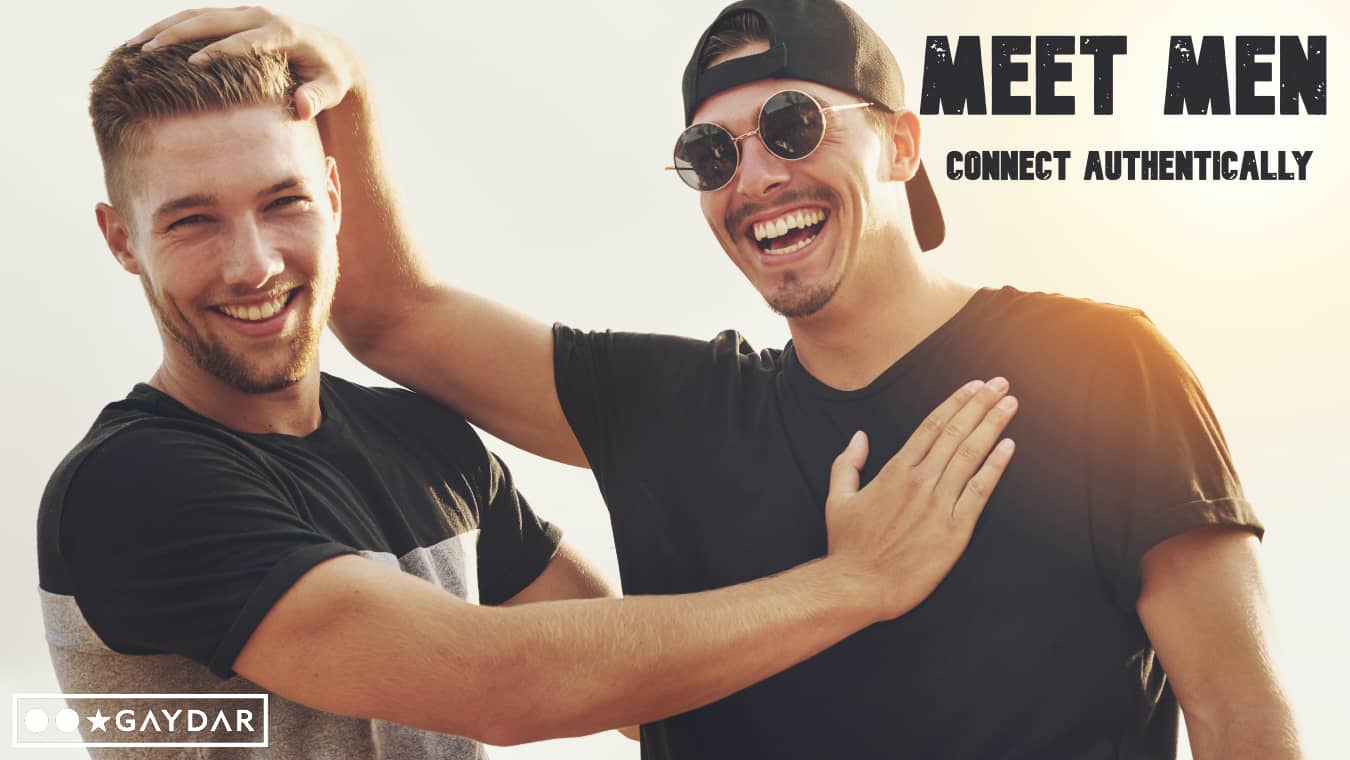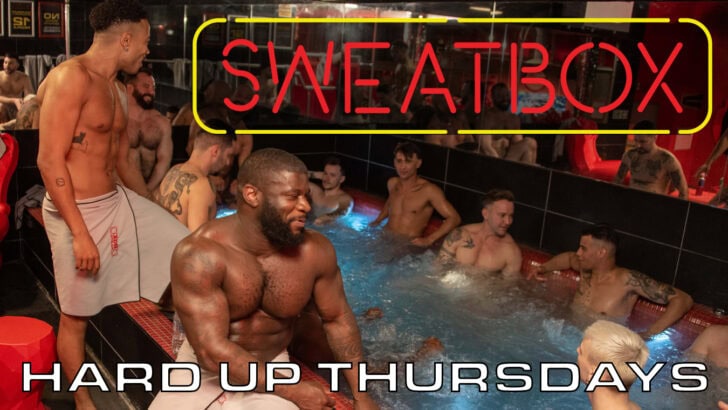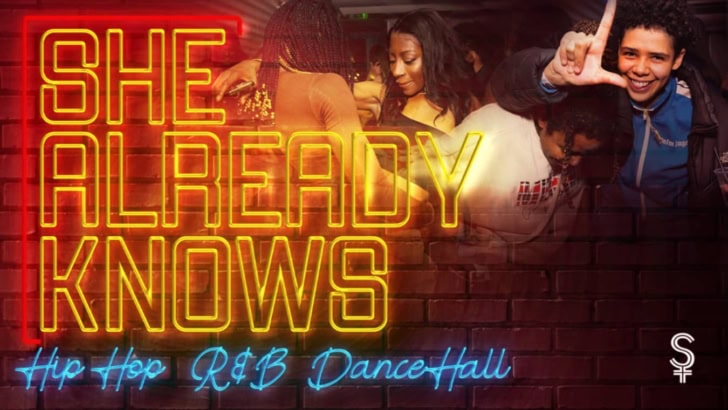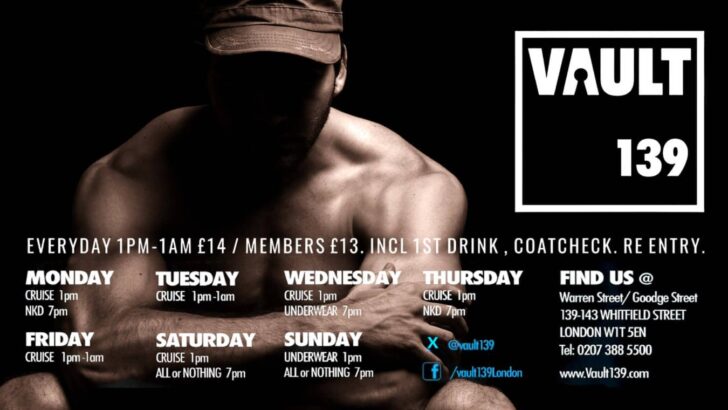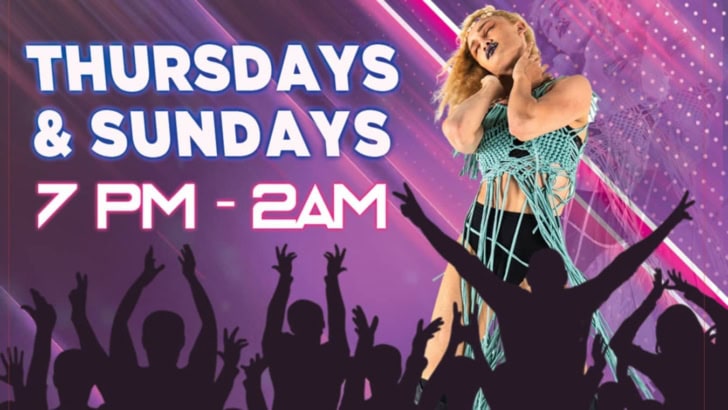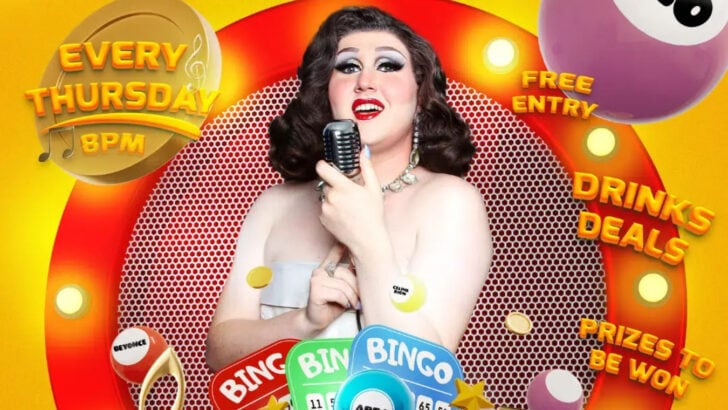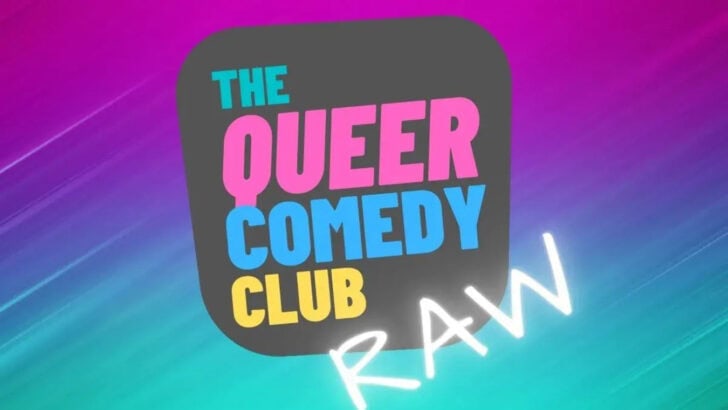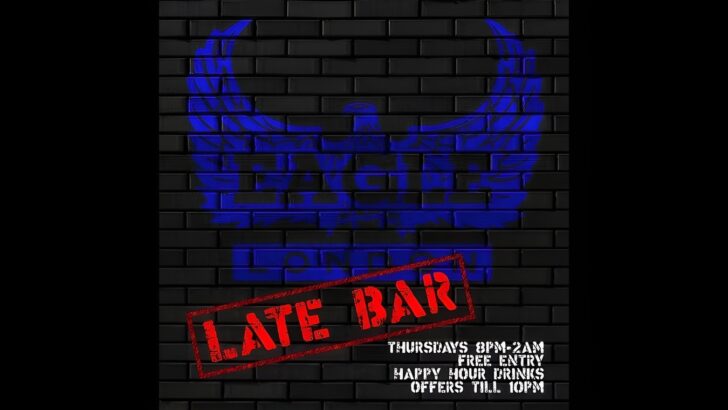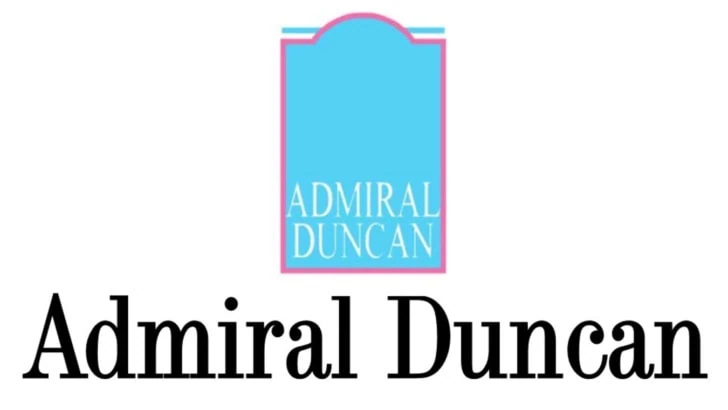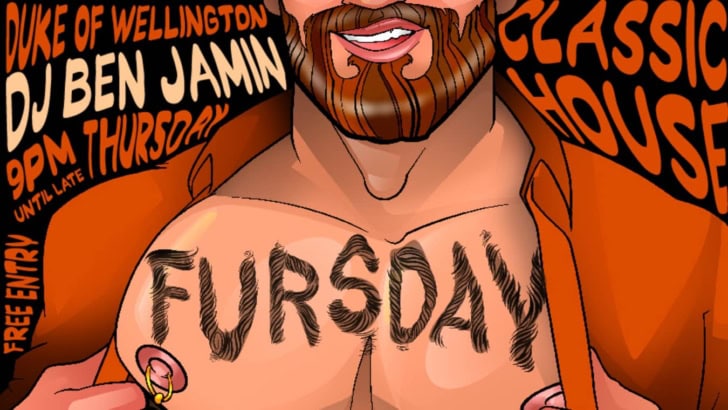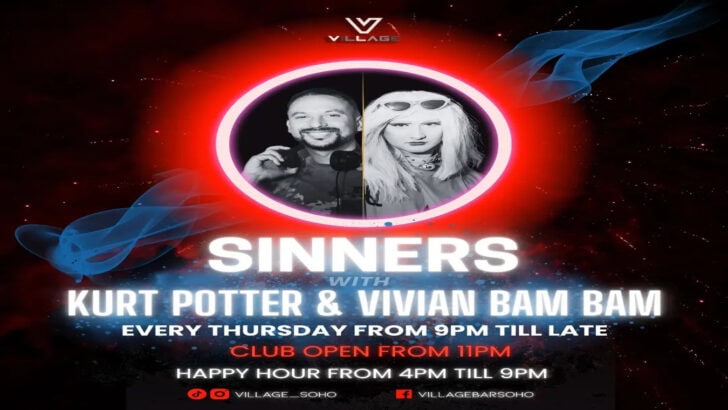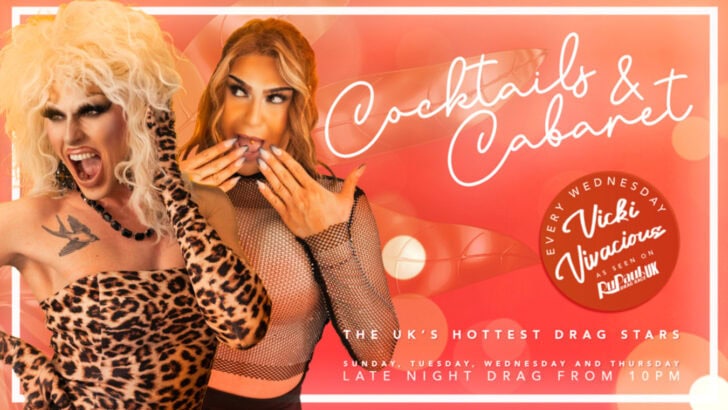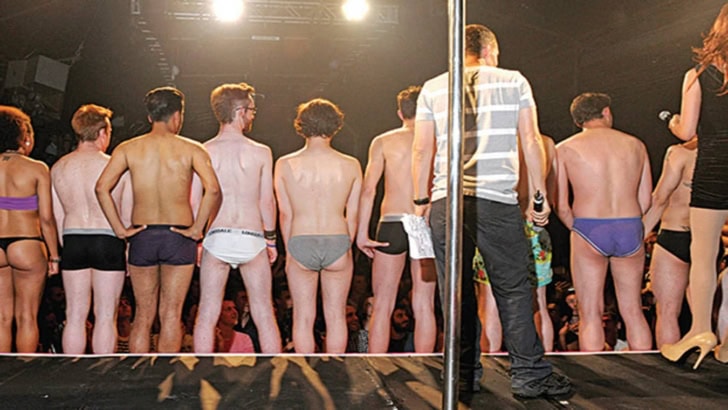When Grindr appeared on our phones in 2009, it felt revolutionary. Suddenly, connecting with other gay men didn’t require leaving your home or spending a ton of money getting into a club and drinking all night.
As we approach the mid-2020s, however, I’ve witnessed a noticeable shift in the needs and desires among gay men. That initial excitement has given way to what I, many of my friends and colleagues are calling ‘dating app burnout’.
The endless scroll-holes, the ghosting, the constant rejection, the sugar-rush hookups and immediate connections that don’t go anywhere. We are exhausted. We want something different. Don’t you, too? Well, stay with me to the end because I share some really cool stuff going on in London that you can get involved with…
How Dating Apps Changed Our Nights Out
I’m a 41 year old gay man. I remember when gay bars and clubs were our primary meeting places – not just for hookups, but for friendship, for community and for the simple acknowledgment that we weren’t alone. These venues served an essential purpose beyond just drinks and dancing. They were sanctuaries where we could express ourselves and find our people.
When location-based apps became ubiquitous, I saw first hand how the energy in these spaces changed. Why spend an evening out with uncertain prospects when potential connections were just a few taps away? The spontaneity of catching someone’s eye across a crowded room was replaced by carefully filtered selections, lists of labels to tick and pre-arranged meetups.
Some venues adapted and thrived by offering experiences that can’t be replicated digitally – spectacular performances, themed events, or specialised social gatherings. Others couldn’t weather the change. Some of our beloved pubs, bars and clubs disappeared. The gay landscape of London today looks dramatically different than it did even 10 years ago!
The New Rules of Engagement
Perhaps more profoundly, dating apps haven’t just changed where we meet. They’ve fundamentally altered how we communicate and establish connections on an interpersonal level with each other as gay men.
I’ve observed how these digital platforms created an entirely new social contract with very different rules from the in-person interaction we were used to. The ability to filter potential partners based on specific criteria and the buffer of a screen has dramatically changed our approach to one another on a human level.
There’s a peculiar new social dynamic where messaging someone standing just feet away feels safer than simply striking up a conversation. I’ve been both witness to and participant in this behaviour – that moment when eyes meet briefly before both parties return to their phones, the possibility of real connection surrendered to the comfort of digital distance.
The ‘shopping catalogue’ effect is something I’ve found particularly troubling. When potential matches are abundant and instantly accessible, the motivation to invest time in getting to know one person deeply seems to diminish. We’ve become skilled at quick assessments and rapid dismissals, often based on criteria we would never apply in genuine face-to-face encounters.
What Digital Rejection is Doing to Us
In my ten years as a therapist, sexological body worker in training and as someone who facilitates sensuality workshops and sober conscious dances for GBTQ men, I’ve heard countless stories about the psychological impact of dating app culture. I’ve also experienced it myself first-hand. The refrain is remarkably consistent: being constantly evaluated and often dismissed based on a single photo takes a cumulative toll on self-esteem.
Before apps dominated our social lives, rejection was normal. It was a very human but occasional experience – someone at a bar wasn’t interested, a date didn’t lead to a second meeting, a guy didn’t smile back at you – fine, you just moved on. But now, rejection can be a daily occurrence, sometimes dozens of times before breakfast! The human heart wasn’t designed for this volume of dismissal. We are connection creating creatures.
I’ve observed in myself and others how this has affected confidence and self-perception. The visual emphasis of these platforms has intensified body image concerns that were already present in gay male communities. Our bodies become products requiring optimisation rather than the physical and miraculous homes we live in.
There’s also something happening to our attention spans and capacity for deeper connection. The quick-hit dopamine of new matches followed by the cortisol spike of rejection create similar addictive patterns we see in gambling. And the disappointment of conversations that go nowhere creates patterns that leave many feeling drained, helpless, lonely and unfulfilled.
Returning to Real Life: The Counter Movement I’m Witnessing
In my work with Pleasure Medicine – a regular sensuality workshop and sober Ecstatic Dance for GBTQ men – and in other social circles across London, I’m seeing a significant counter-movement gaining momentum. Many gay men are intentionally creating and seeking experiences that offer greater depth and authentic connection without screens (or booze, bars, clubs and drugs for that matter!) as intermediaries.
This return to in-person connection isn’t simply nostalgia for old-school gay bar culture. Instead, men are exploringdiverse environments aligned with personal interests and values where meaningful connections can develop organically.
I’ve noticed increasing interest in activity-based social groups where connection feels much more natural and easeful. The Gay Sunday Walking Group organises regular rambles through London parks and surrounding countryside, creating space for conversation and connection that unfolds naturally during a shared experience. These walks provide the time and environment for men to reveal themselves gradually, in contrast to the immediate disclosure of stats, pics and preferences common on apps. West London Queer Project also organises regular walks, along with a variety of social events.
Similarly, gatherings like the LGBT Book Group at Gay’s The Word bookshop have grown substantially in popularity. These spaces create opportunities for intellectual and emotional connection first, allowing friendships, romantic or sexual interest to develop from a foundation of knowing someone’s mind, values, thoughts and belief systems.
Another trend I’ve observed is the growing popularity of spiritual, somatic and tantric practices. Leading the way are folks like Andy Butterfield and the Men’s Connection Group, whose workshops offer gay men ways to explore sensuality and touch in a structured, intentional setting. Focussing on awakening bodily awareness and fostering connection through guided practices including movement, healing touch and various forms of massage, what strikes me as particularly valuable is how these workshops create safe containers for experiencing intimacy that isn’t driven by digital personas or immediate sexual objectives.
Andy’s monthly Cuddle Exchange and Discovering Tantric Connection series, alongside weekly naked yoga, provide spaces where men can gradually rebuild their comfort with their body as well as practicing vulnerability. Qualities that often dissolve in our screen-mediated dating culture. The Men’s Connection Group builds on this work by offering The Erotic Gateway, a tantric workshop and play party, creating space for sexual and sensual connection that is slower, more paced and based in something much more caring, respectful and boundaried that we might not be used to as gay men.
In my own work facilitating Pleasure Medicine in East London, I’ve created gatherings that combine sober dance, embodiment and facilitated sensuality practices specifically for gay men. What we’re building is almost the antithesis of app culture. Instead of quick judgments and surface-level interaction, we cultivate kindness, care, respect, authentic self-expression and connecting with the whole person beyond just the physical. It’s about rediscovering sensuality that isn’t immediately sexualised.
Other options flourishing across London include East London Life Drawing sessions, where creativity and body positivity take centre stage and the increasingly popular London Gay Men’s Chorus open rehearsals that build community through shared creative expression. I’ve also noticed a rise in queer meditation circles and mindfulness gatherings such as Nick Kientsch’s London Gay Bi Trans Men’s Mindfulness Meditation Group that create space for gay men to connect through shared values and interests.
Each offers a different pathway to connection that transcends the limitations of digital interaction.
Finding Our Way Forward
This shift doesn’t mean abandoning technology altogether. Most men I know are instead seeking a healthier balance, perhaps using apps more mindfully while prioritising real-world interaction.
What I find most encouraging is that we’re not simply reverting to old models that had their own limitations. Instead, gay men are starting to create new spaces and possibilities for connection that incorporate the best lessons from both digital convenience and in-person depth.
The digital revolution promised to make connection easier, and in some ways, it has. But easier doesn’t always mean better, more fulfilling or more human. As I watch this recalibration happening throughout our community, I’m hopeful about what’s emerging – spaces where we can bring our full, complex selves rather than just our carefully curated profiles.
The future of connection in our community won’t be found solely on screens or in traditional venues, but in this creative middle ground we are collectively exploring. After years of digital immersion, we’re remembering the irreplaceable value of being truly seen, heard and felt by another person in the same physical space – and finding new, exciting, more beautiful ways to make that happen.
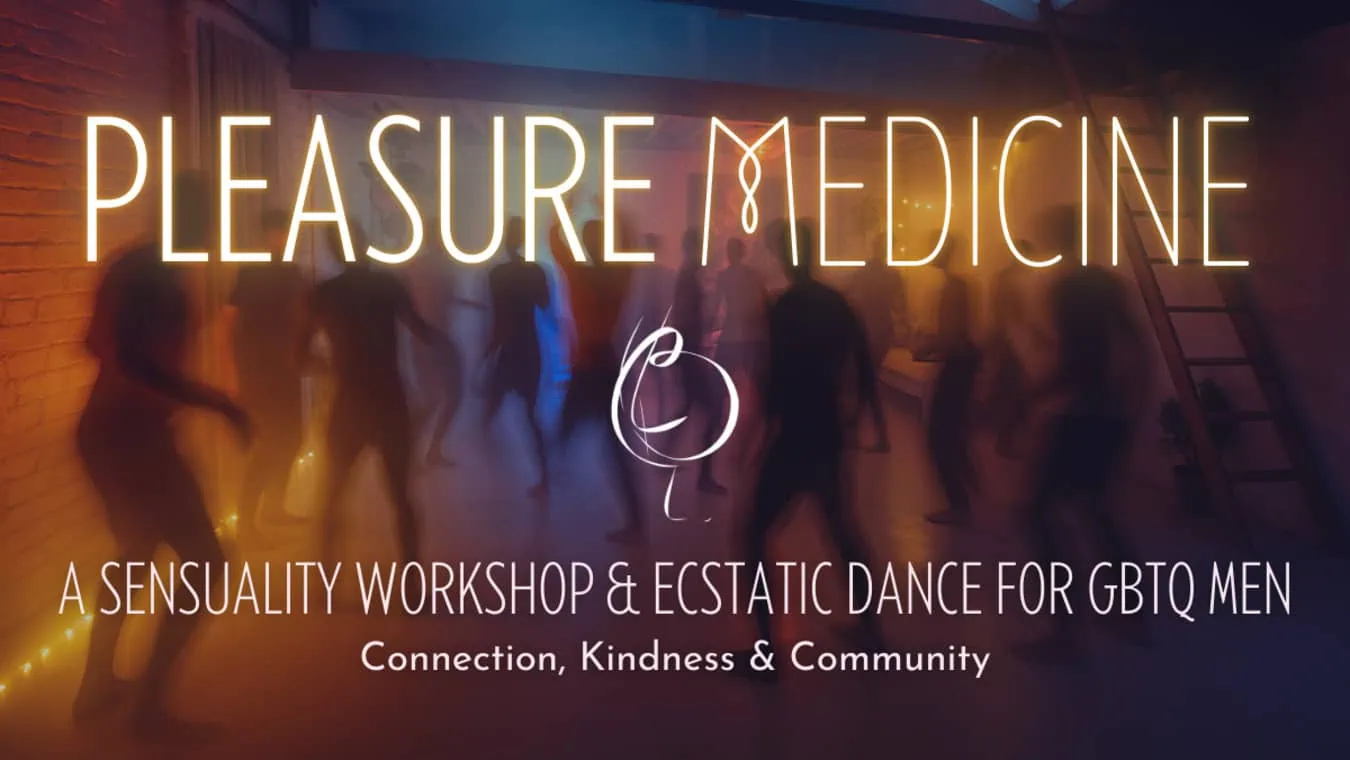
Gary Albert
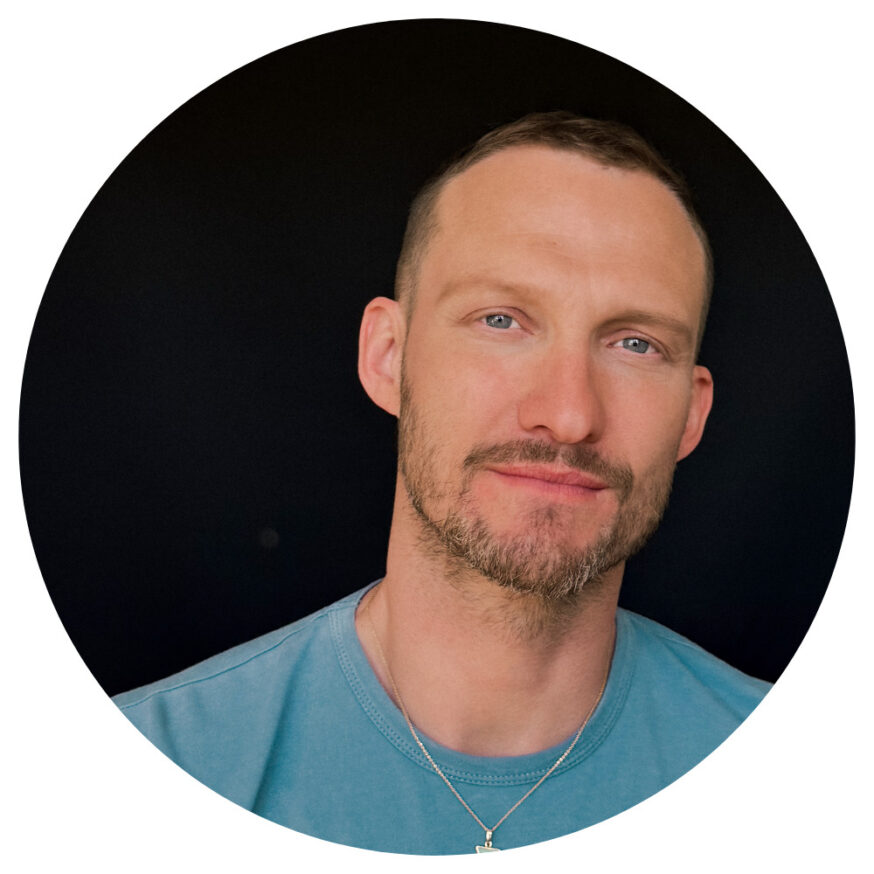
Gary is a therapist, embodiment facilitator, Somatic Sexologist in training, award-winning music maker, conscious DJ and writer. He’s the creator of Pleasure Medicine, a twice-monthly sensuality workshop and ecstatic dance for gay men in East London that blends conscious movement with intimate, embodied connection.
With over a decade of experience as a therapist, Gary is devoted to helping gay men unlock their pleasure centres, soften shame, and rediscover joy, intimacy, and sensuality through dance, touch, and celebratory sexuality.
He is a columnist for various queer culture magazines and writes personal essays, opinion pieces and cultural reflections—always from the perspective of being in the waters with the reader, trying to work it all out together.
